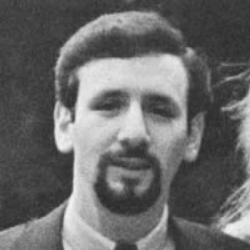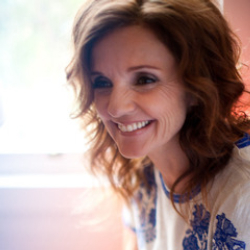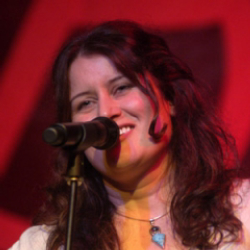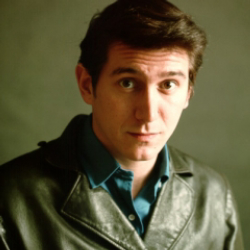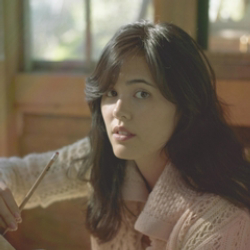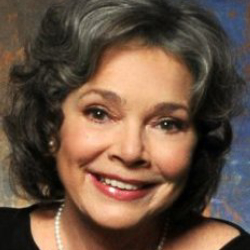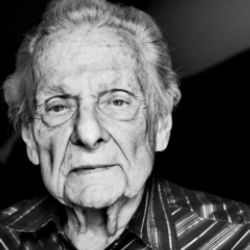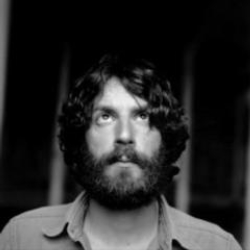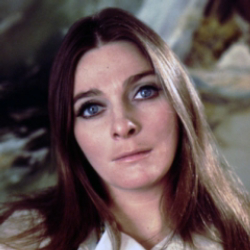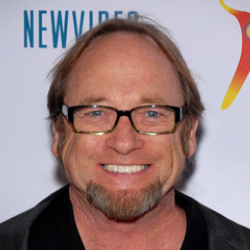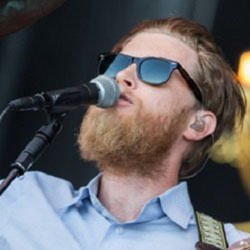Peter Yarrow Quotations
-
-
-
-
-
-
-
Reality Quotes
I can't help but react to the painful realities of the two-tiered society we live in, where the signs of poverty and inequity are everywhere. Almost twenty five percent of our children live at or below the poverty line. We expect the no-option life cycle of the poor to be interrupted by the weak social safety net and then wonder why building more jails doesn't solve the problems.
-
Thinking Quotes
Most of my work for the past 25 years has been devoted to organizing demonstrations, benefits and campaigns, many of which have had the effect of bringing a policy debate to public focus or moving a political agenda forward. It's become a cliché to say 'think globally and act locally,' but it works.
-
-
-
-
Dream Quotes
We've lived through a time in which people have felt they could forge their own future and make a better world. We may not have achieved our dreams in the time frame that we once believed was realistic, but the magnitude of what is yet to be achieved only confirms the importance of our commitment. Knowing this, we can't stop now.
-
-
-
-
-
-
-

